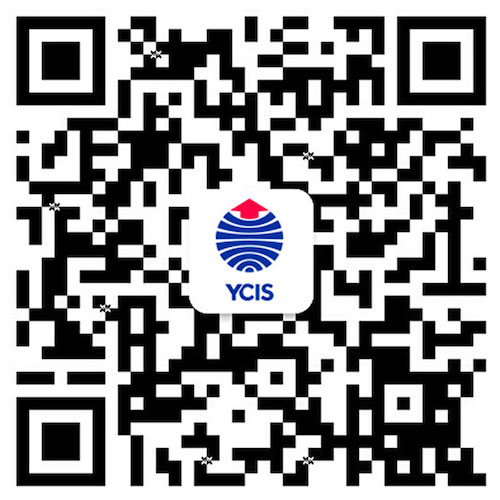Go Back
News
News
Task-Based Language Learning and Enquiring Minds
News
13 Mar, 2019
10 : 00
Contemporary educational pedagogy emphasises the student-centred classroom over the traditional teacher-led model. The teacher ceases to become the facilitator of knowledge, instead posing problems or scenarios which the students actively participate in solving. This is the basis of enquiry-based learning. The teacher has a mandate to provide learning opportunities that are engaging, challenging and significant with transparent outcomes accessible to the entire learning community. Importantly, students are given some freedom in how they approach each learning scenario rather than following a tightly controlled, teacher-led, structure.
In the language learning classroom trying to apply these principles is not without challenges. First of all, many students learning a second language lack the vocabulary and grammatical competence to communicate fluently. As a result, many language classrooms are fixed on the traditional PPP approach (Present Practice Produce). In this conventional model, the teacher presents an item of language within a clear context. Students then engage in controlled practice in which they repeat the target language, often through the use of individual drilling or worksheets. Finally, they are given an opportunity to produce the target language within a controlled context such as a dialogue or through written work.
Task-based language learning, on the other hand, is built around the completion of a central task. Students can draw upon their existing linguistic knowledge to complete the task without prescriptive guidelines or specific item of language. As the learners engage with the task they are encouraged to use additional resources to support the quality of language used and the teacher is also available as an additional provision to guide learning. In the task-based model, rather than prescribing a specific language item at the beginning of the lesson or syllabus, the teacher reflects on the learners' use of language throughout the task. At the end of the task, the teacher and students reflect on any problem areas or gaps in the language used and provide practise activities in order to improve the students ‘’weaker areas. Teaching is targeted and individualistic according to the learner's needs.
PPP offers a very simplified approach to language learning. It is based upon the idea that language can be presented in neat little blocks, adding from one lesson to the next. However, research shows us that we cannot predict or guarantee what the students will learn and that ultimately an extensive exposure to a language is the best way of ensuring that students will acquire it effectively. Restricting their experience to single pieces of the target language is unnatural.
For more information see 'A Framework for Task-Based Learning' by Jane Wills, Longman; 'Doing Task-Based Teaching' by Dave and Jane Willis, OUP 2007. Also, see www.willis-elt.co.uk .
By Adam Duckworth, YCIS Secondary English Teacher













